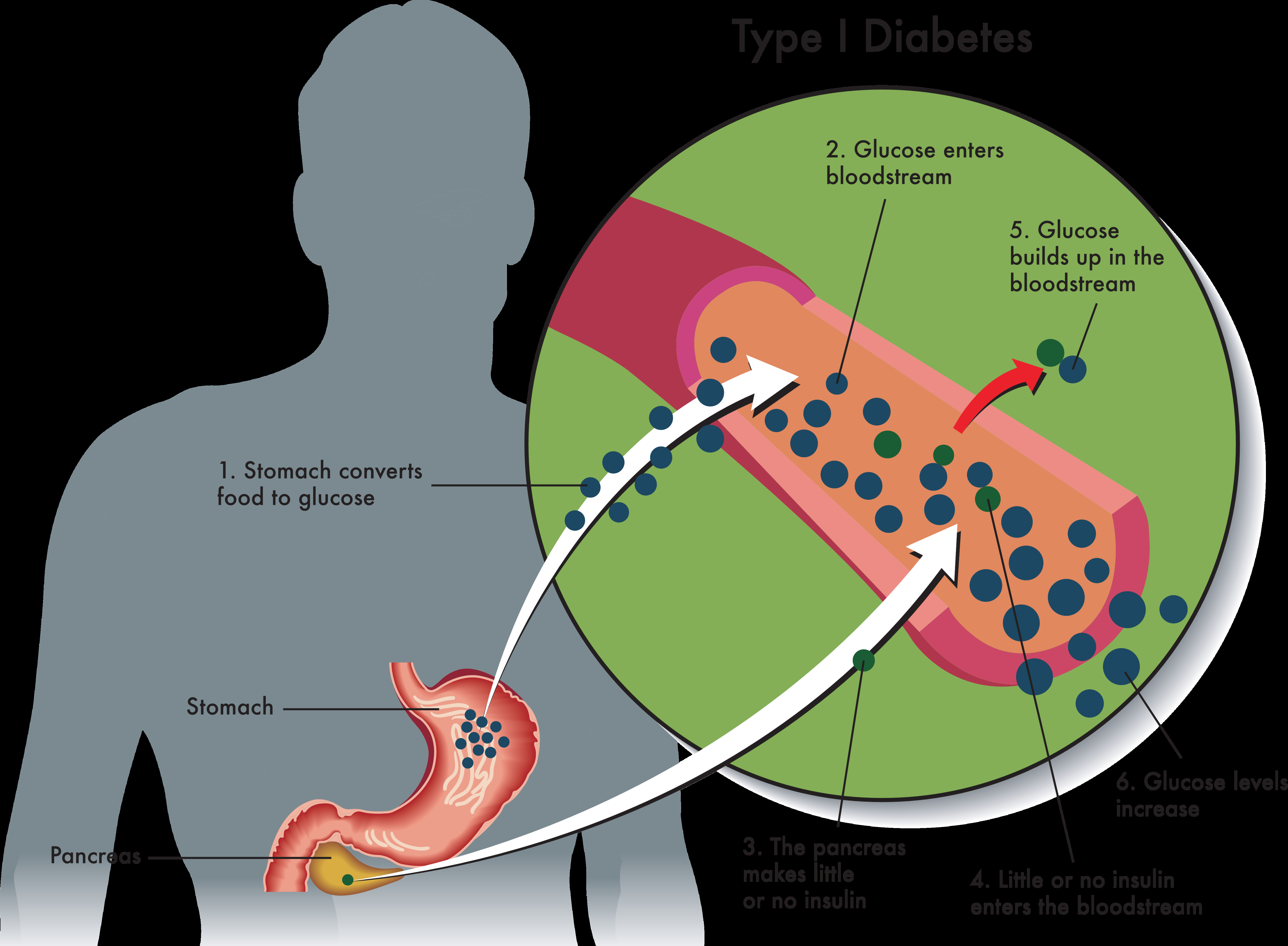OHMYGOSSIP – Diabetes is a global problem now affecting one in every 11 adults, the World Health Organization (WHO) claims. In a major report, released to coincide with World Health Day on Thursday (07Apr16), WHO warns cases of diabetes had nearly quadrupled to 422 million in 2014 from 108 million in 1980.
Diabetes is a chronic, progressive non-communicable disease (NCD) characterised by high blood sugar. It occurs when the pancreas fail to produce enough of the insulin hormone, which regulates blood sugar, or when the body cannot effectively use the insulin it produces.
High blood sugar levels are a major killer – linked to 3.7 million deaths around the world each year, it says.
While the report lumps both type 1 and type 2 diabetes together, the rise in cases is mainly down to type 2, which has been linked to excess body weight and physical inactivity, once only seen in adults, type 2 diabetes now increasingly occurs in children and young people. In 2014 more than one in three adults aged over 18 years were overweight and more than one in 10 were obese, reports WHO.
Officials said the numbers would continue to grow unless drastic action is taken. WHO advising governments throughout the world to make more effort to address physical inactivity and unhealthy diets, and strengthen programmes nationally to help people with diabetes receive the treatment and care they need to manage their conditions.
“If we are to make any headway in halting the rise in diabetes, we need to rethink our daily lives: to eat healthily, be physically active, and avoid excessive weight gain,” said WHO Director-General Dr Margaret Chan.
“Even in the poorest settings, governments must ensure that people are able to make these healthy choices and that health systems are able to diagnose and treat people with diabetes.”
Complications of diabetes can lead to heart attacks, strokes, blindness, kidney failure and lower limb amputation. “Many cases of diabetes can be prevented, and measures exist to detect and manage the condition, improving the odds that people with diabetes live long and healthy lives,” said WHO’s Dr Oleg Chestnov.
“But change greatly depends on governments doing more, including by implementing global commitments to address diabetes and other NCDs.”
Featured image: Medical illustration of the symptoms of type 1 diabetes (PantherMedia/ Roberto Biasini/ Scanpix)

